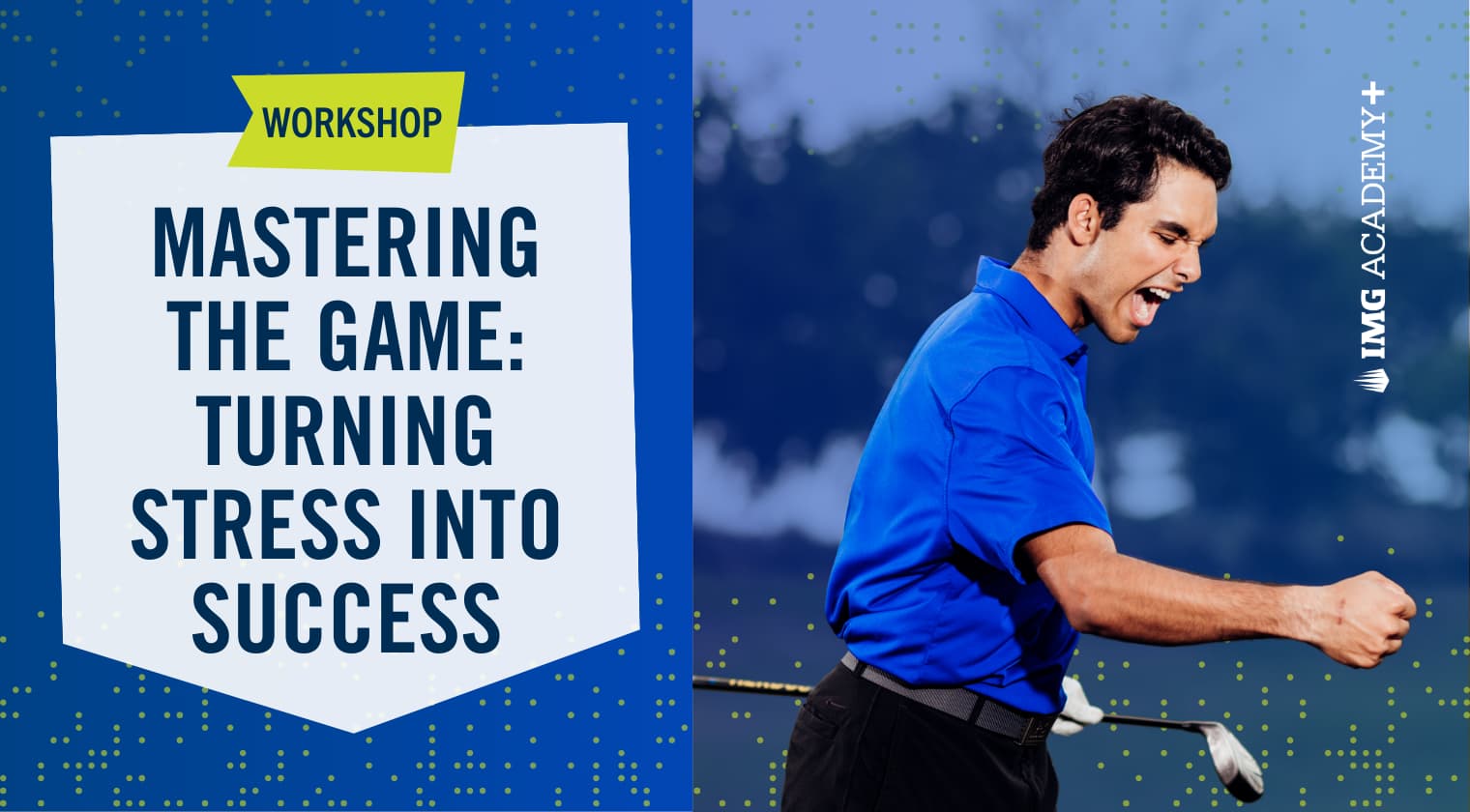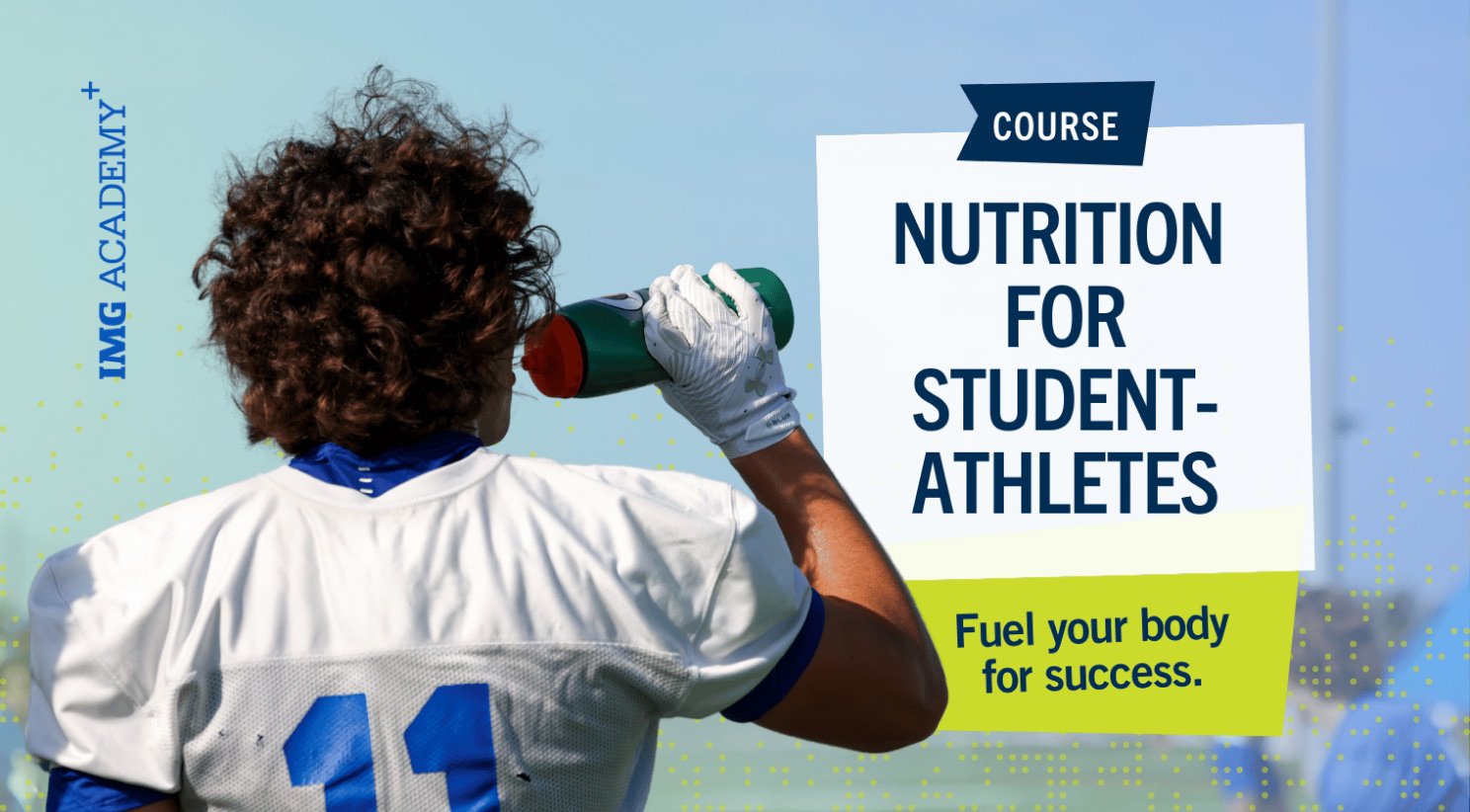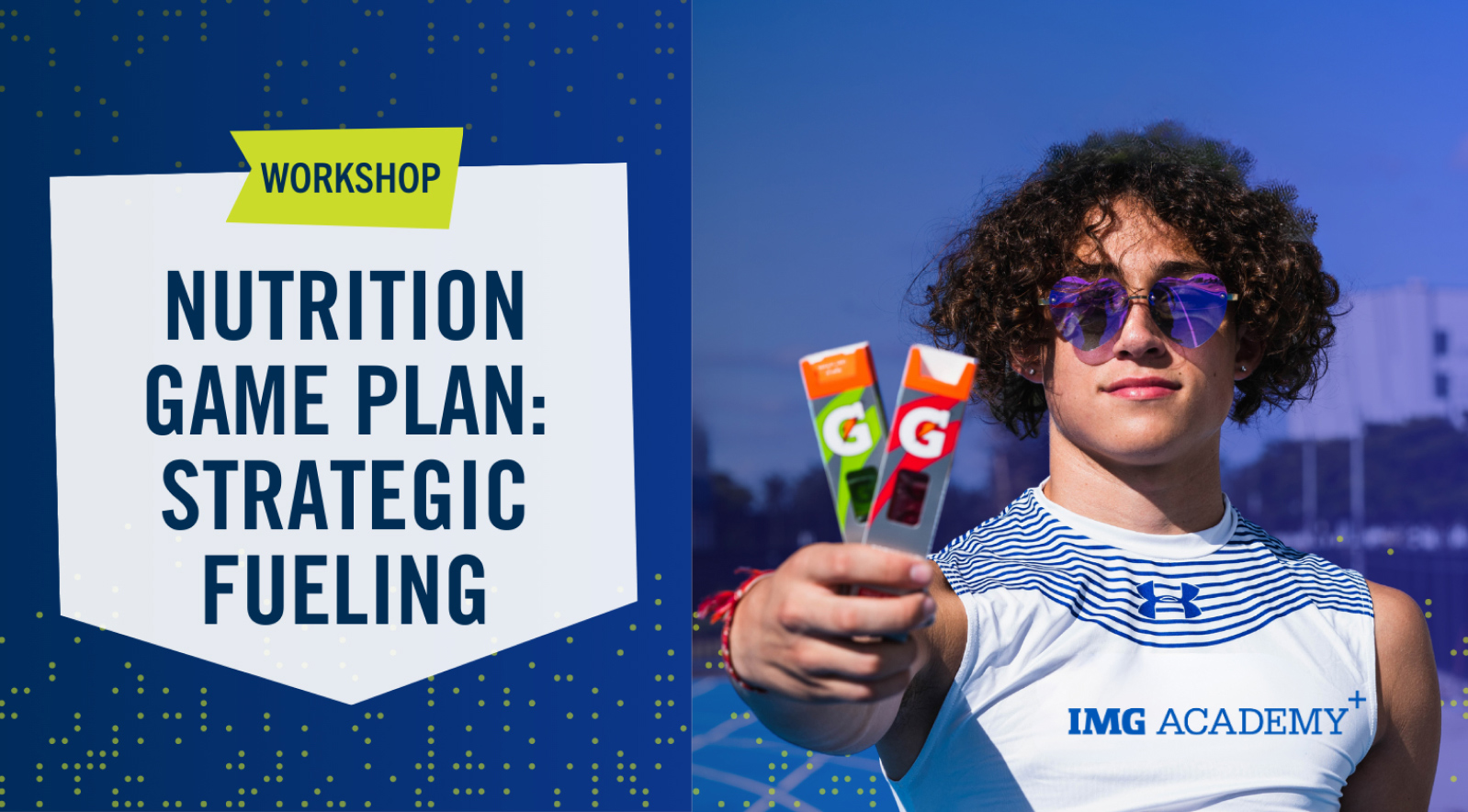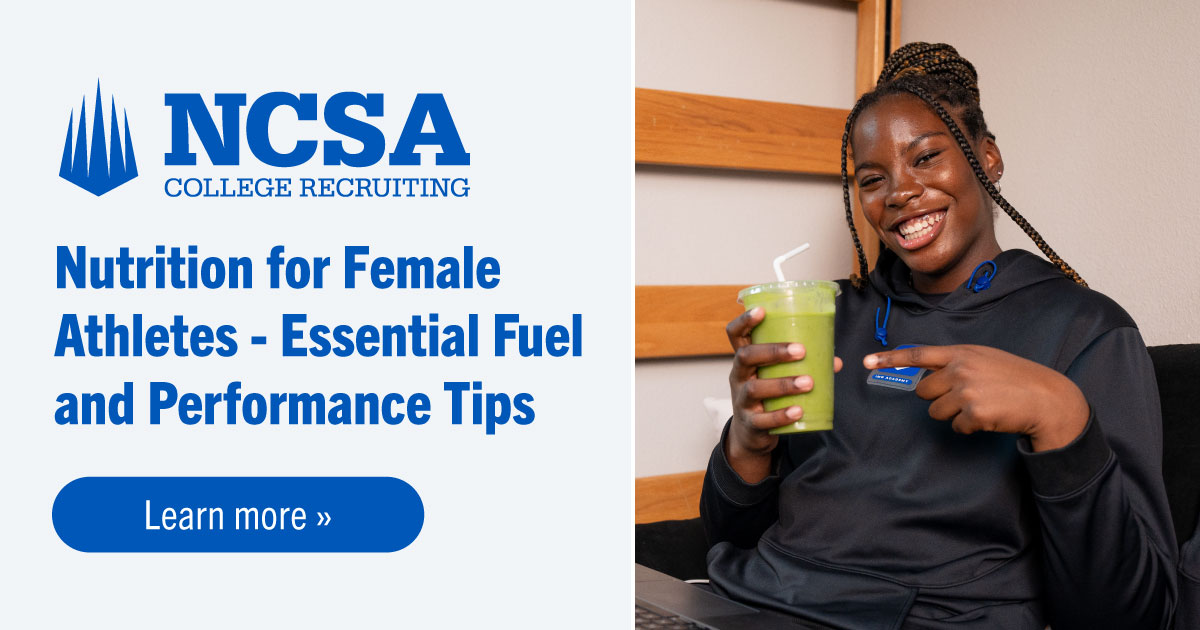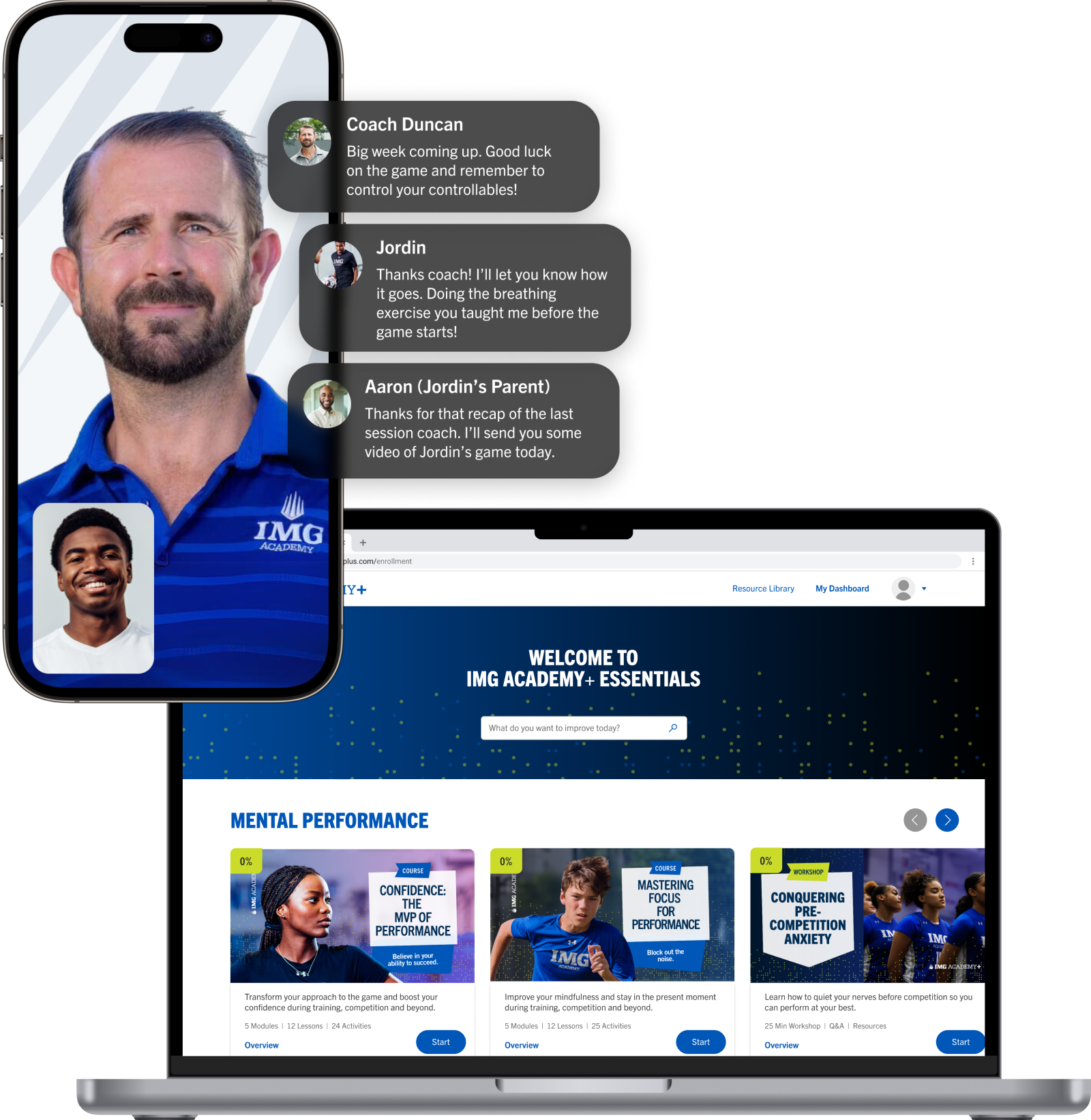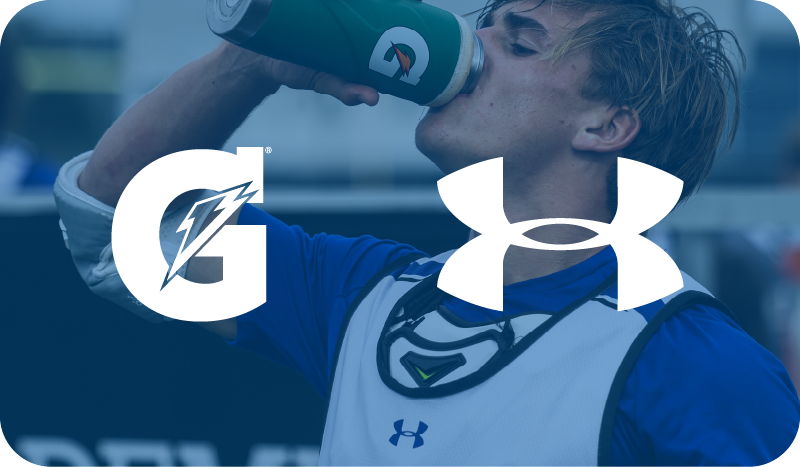Do you wear the same socks to every game? Or listen to the same playlist during warm up? How about visualizing your race the night before? Sports rituals look different for every athlete, but their purpose remains largely the same: to boost confidence and gain control. Read on to learn more about why athletes develop sports rituals, their value and some of the wildest rituals amongst professional athletes.
WHAT IS A SPORT RITUAL?
A ritual in sports is a behavior or action that the athlete believes has the power to influence their performance. If an athlete forgets to perform a ritual, it’s generally believed that it will have a negative impact on their performance.
Rituals are so deeply embedded in sports culture, that entire sports teams and their fans have developed well-known rituals. For example, the playoff beard. Together, fans and athletes support the team by not shaving their beards during the playoffs. While many sports teams partake in this ritual today, playoff beards were introduced by ice hockey players participating in the Stanley Cup playoffs in the early 1980s.
THE PSYCHOLOGICAL BENEFITS OF SPORTS RITUALS
Rituals are more than just superstitions that athletes develop during their playing career. They are known to boost confidence and a sense of control in athletes. If performing a certain behavior makes an athlete feel that they will have a better game, then they will likely go into the competition with the confidence to perform better. Some athletes turn to visualization or guided imagery to recall how they felt during a particularly successful race and how it felt to prepare them both mentally and physically for competition.
But, if rituals are valuable, why do some athletes develop rituals and others don’t? Researchers have found that athletes who have a strong internal locus of control, meaning they believe they are in control of their performance, have fewer superstitions than athletes who attribute their success and failures to external influences. Athletes who lack a strong internal locus of control look to superstitions as a way to gain a bit more control.
USING SPORTS RITUALS TO DEVELOP HEALTHY HABITS AND TEAM BONDING
Sports create a sense of belonging and team rituals can amplify this unity. When a team comes together to thoughtfully establish rituals, the athletes are likely to experience more successful, cohesive, and overall happiness. Sports rituals can have a positive, healthy impact on teams by:
- Re-enforcing healthy behaviors, such as meditating and visualizing before each game
- Aligning the team’s values and goals with mantras and chants
- Helping teammates feel more connected – especially shy teammates
Coaches or team leaders, such as captains, should call the team together and decide collectively on what rituals or routines the team should adopt for the season. Establish a voting process to decide on a team cheer, competition day apparel, game day snacks schedule, etc. Not only will this process allow your team to establish rituals for the season, but it also creates a space for the team to bond and growth. Remember to have fun with these!
UNIQUE PREGAME SPORTS RITUALS FROM PROFESSIONAL ATHLETES
From individual athletes to entire sports teams, here are some of the wildest reported sports rituals from top athletes:
Michael Jordan, former NBA athlete
Early in his career, Jordan wore slightly longer shorts than other players to make room for his lucky North Carolina shorts, which he wore under his uniform throughout his career.
Jason Terry, former NBA athlete
Before every game, Terry slept in his opponents’ shorts. But they had to be purely authentic–game day shorts, not those available on the rack for fans to buy.
Brian Urlacher, former NFL athlete
Before every game, Urlacher ate two girl scout cookies — never more, never less.
Les Miles, former college football coach
Before every game, Miles would take a chunk of the grass on the field and eat it.
Minnie Minoso, former MLB athlete
When Minoso played a bad game, he blamed the bad mojo on his uniform and wore it in his post-game shower to wash away the stink of the game.
NASCAR’s No Peanuts Shells
Dating back to before World War II, peanuts in the shell are almost never sold at or around a NASCAR event. Considered bad luck, peanut shells were believed to always be found in the burning remains of a badly wrecked car.
SPORT RITUALS OF FORMER COLLEGE ATHLETES
If you didn’t already know, the NCSA team is made up of over 1,000 former high school, college and professional athletes. We asked some of our teammate about their rituals and here’s what they shared:
“I always used to order the same Dunkin’ order before every game. I was convinced if I didn’t drink my usual coffee the morning of a game, I wouldn’t do well.” – Rebecca Carkhuff – Former College Softball Player
“I would rub a tennis ball between my palms for the last 10-15 minutes on the bus before each game. It gave me a sense of comfort for some reason.” – Zachary Adamec – Former College Soccer Player
“My biggest ritual was wearing the same exact hat for every race throughout my collegiate career.” – Nick Johnson – Former College Rower
“After every game I always sat next to the same teammate on the bus and Portillos was my go-to for every post-game meal.” – Pat O’Malley – Former College Baseball Player
“The ONLY snack I could have during a meet was goldfish and a room-temperature red Gatorade.” – Jeff Smith – Former College Swimmer
“During games I always had to wear the same undershirt that my grandmother sent me from Puerto Rico.” – Chris Reoyo – Former College Soccer Player
“I had to make sure to get Subway before every single game. Turkey, ham and bacon was always my order!” – Lance Robinson – Former College Basketball Player
“My brothers taught me to look at the team I was directly competing against before the game and think to myself, “I’m better than you. I’m going to beat you all day long.” – Kate McArthur – Former College Soccer Player
“I used to listen to Brazilian songs prior to games to remind myself of home and all the people who helped me get to where I was.” – Marco Carvalho – Former College Soccer Player
“I visualized my races before every meet. I cracked all my joints and made sure to be behind the starting blocks getting ready at least 20 minutes before my race.” – Erin Petty – Former College Swimmer
“Right before the game, I would purposely miss a basket during warm-up. Then I would tell myself, “Okay, next one goes in,” and mentally visualize myself making the first shot I took in the game.” – Katie Broadway – Former College Basketball Player
“At the end of my pre-game stretching routine, I always ended with a handstand and held it for as long as I could. I was convinced the longer I held it, the better I’d pitch.” – Tommy Meyers – Former College Baseball Player
Want to learn how to improve your ability to handle pressure, focus better, and become more resilient? Explore IMG Academy+ mental performance coaching.
Learn More

